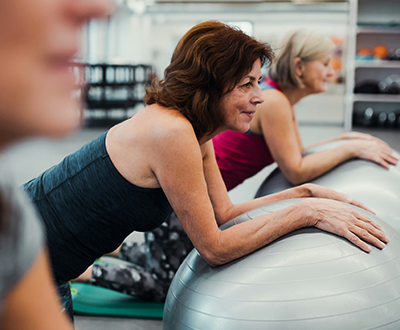As we age, our bodies undergo various changes, including a decrease in muscle mass. This natural process, known as sarcopenia, can lead to reduced strength, mobility, and overall quality of life. However, there are ways to combat this decline, one of which is by incorporating creatine supplementation into your diet. And this is particularly important for those of us 50 and over.
Creatine - just what is it, and what does it do for you?
Creatine is a naturally occurring compound found in small amounts in foods like meat and fish. It plays a crucial role in the production of energy during high-intensity exercise by replenishing adenosine triphosphate (ATP) stores in your muscles. By increasing the availability of ATP, creatine helps improve performance, strength, and muscle endurance; you can workout longer, harder and with more intensity.
The benefits of taking creatine
There's been many years of research into creatine, and it's shown that supplementing your diet with creatine can offer a range of benefits, especially for older adults looking to maintain muscle mass and function. Some of the key advantages include:
-
Increased muscle strength and power
-
Enhanced muscle recovery
-
Improved exercise performance
-
Preservation of lean muscle mass
-
Support for overall health and well-being
But just how much should you take?
The ideal dosage will vary depending on factors such as your age, weight, and activity level. For us older adults, a common recommendation (although opinion is divided on this) is to start with a loading phase of 20 grams per day (divided into 4 doses) for 5-7 days, followed by a maintenance phase of 3-5 grams per day. However, many supplement versions such as tablets recommend a consistent dosage - e.g. 3 tablets per day. Like anything you put inside you, read the label people, and, if you're unsure, it's important to consult with a healthcare provider or nutritionist to determine the most suitable dosage for your individual needs.
By incorporating creatine supplementation into your daily routine, you can support your muscle health, strength, and overall physical performance as you age. But, it's not some elixir and fix-all - it's simply another part of your routine and diet habit...part of an overall bigger plan of sustainable exercise and mindfulness of how you are fuelling yourself.




